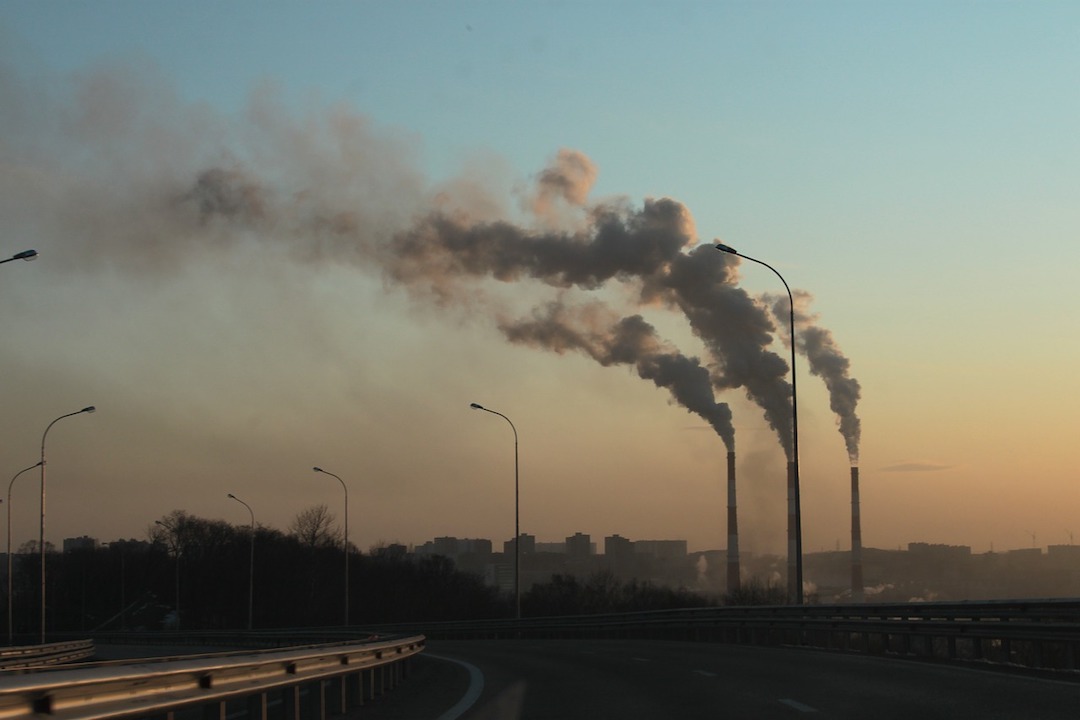President Biden’s recent executive order to make the federal government’s operations carbon-neutral by 2050 could have a significant impact on the adoption of more sustainable construction materials.
The order call for all projects in federally owned buildings to use only green construction materials. The action, leveraging the purchasing power of the government to increase demand, could jumpstart sustainable construction products manufacturing and spur more private-sector organizations to buy them.
The federal government spends about $650 billion annually for goods and services. The White House says that the purchasing power of the government will drive down the cost of green products and services, making them more affordable for families and businesses in the private sector.
Biden’s plan also ends federal purchases of gas-powered vehicles, and calls for facilities owned or leased by the federal government to be powered by wind, solar, and nuclear energy.
Related Stories
| Oct 9, 2014
Seattle puts restrictions on micro apartments
The Seattle City Council passed new rules that new studio apartments in the city must measure at least 220 sf and contain at least two sinks.
| Oct 9, 2014
Cities get creative with stormwater management
Cities around the world are crafting stormwater management policies that include natural and manmade methods to store and absorb runoff to reduce flooding.
| Oct 2, 2014
Fannie Mae study says affordable rental units more energy efficient than market-rate units
Fannie Mae’s new report on energy usage in the multifamily sector found that affordable properties use 28% less energy per unit and are 29% smaller than market-rate properties.
| Oct 2, 2014
California Energy Commission launches code upgrade process
The California Energy Commission launched the upgrade process to Title 24, the state energy code, last month.
| Oct 2, 2014
Canals to mitigate flooding could be in Boston’s future
The Urban Land Institute held brainstorming sessions over the last several months involving more than 70 engineers, architects, and development and insurance specialists to examine how rising sea levels would affect four representative areas in and around Boston.
| Oct 2, 2014
Los Angeles reverses ban on high-rise slanted roofs and spires
Los Angeles reversed course last month on a regulation that had barred skyscrapers from having slanted roofs or spires.
| Sep 29, 2014
10 common deficiencies in aging healthcare facilities
VOA's Douglas King pinpoints the top issues that arise during healthcare facilities assessments, including missing fire/smoke dampers, out-of-place fire alarms, and poorly constructed doorways.
| Sep 29, 2014
Report finds links between office design, health and productivity
A new report from the World Green Building Council finds “overwhelming evidence” to support office design as a significant influencer of the health, wellbeing and productivity of staff.
| Sep 29, 2014
San Francisco office tower is first U.S. building to earn LEED Platinum v4 certification
One Sansome Street, San Francisco is the first building in the U.S. to achieve LEED Platinum v4 certification. The building is also only the second property worldwide to be awarded with v4 certification.
| Sep 29, 2014
Navy to begin BIM phased implementation in October
The U.S. Naval Facilities Engineering Command will begin its Building Information Management and Modeling (BIM) Phased Implementation Plan in October.
















